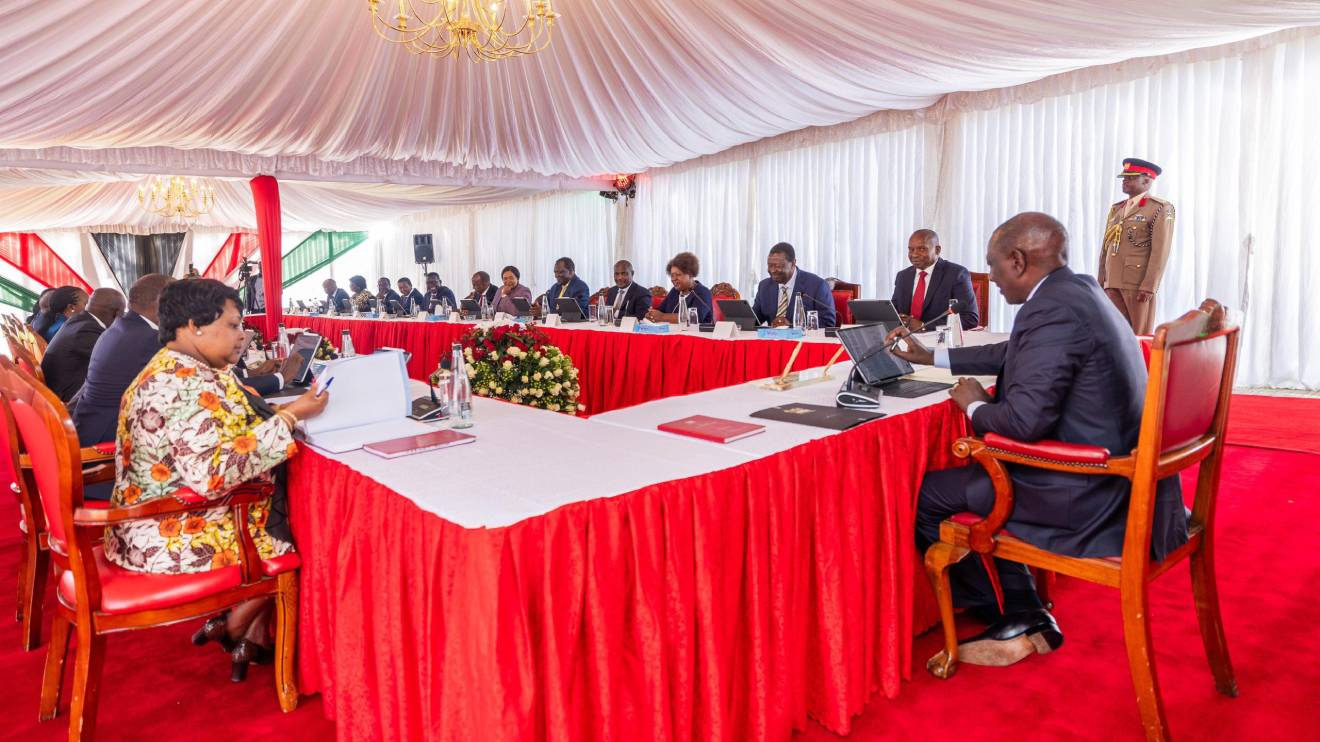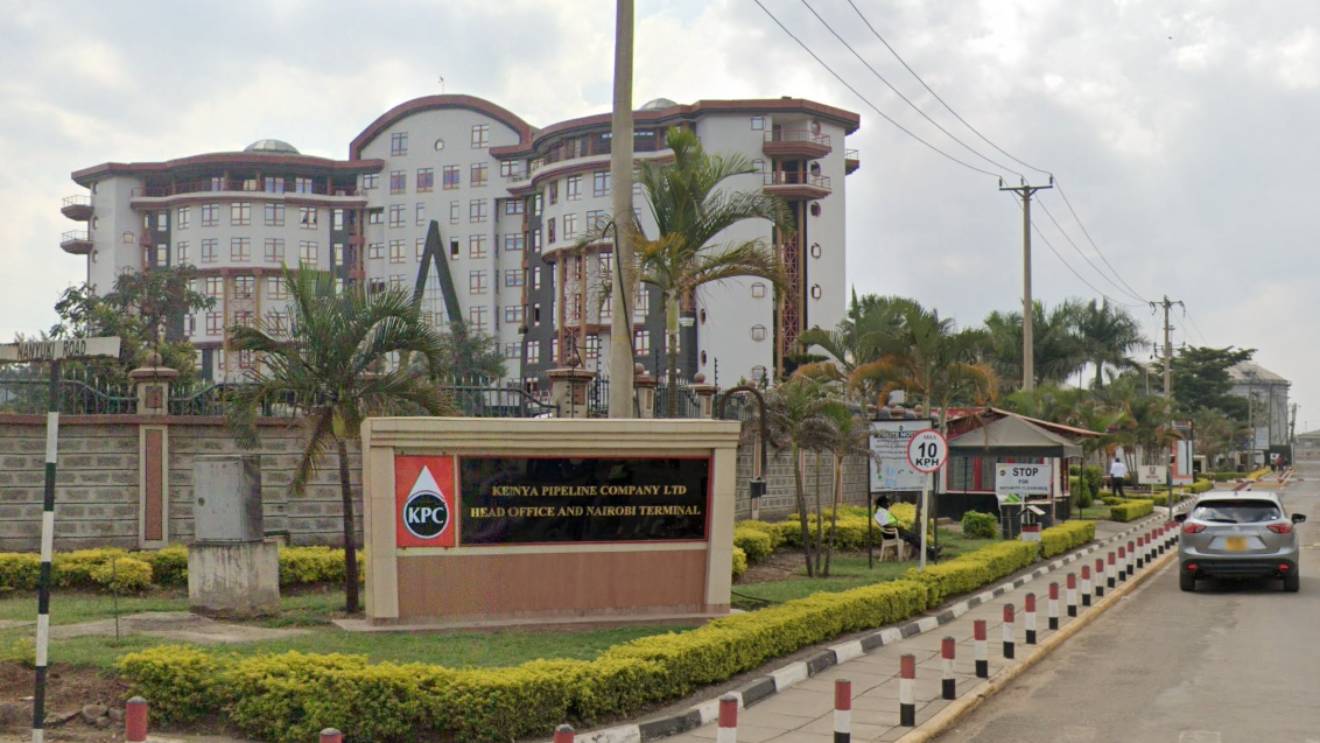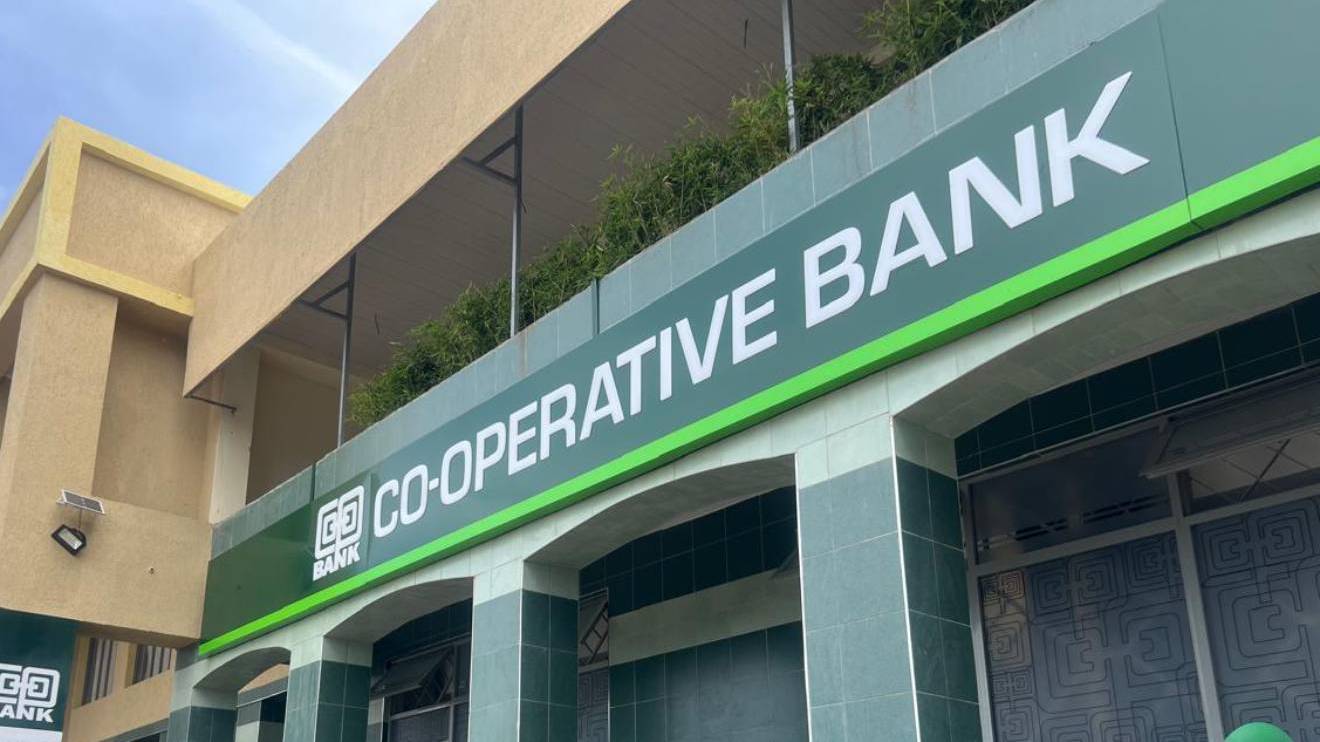A cabinet meeting on Tuesday announced radical plans to dissolve nine state corporations and merge 42 others in elaborate efforts to enhance efficiency and tame the government's ballooning wage bill.
The radical decisions, the first of its kind in the history of Kenya’s public service, was made during a cabinet meeting chaired by President William Ruto at the Kakamega State Lodge.
Central to the reforms is the restructuring of 271 State Corporations to address inefficiencies and reduce reliance on the Exchequer.
According to the National Treasury, 42 corporations with overlapping mandates will be merged into 20 consolidated entities.
“The National Treasury assessed 271 State Corporations, excluding those earmarked for privatization,” stated a statement from State House.
Read More
It went on: “The reforms include merging 42 State Corporations with overlapping or related mandates into 20 entities to improve operational efficiency and eliminate redundancy.”
Among the state corporations to be merged are the University Fund and the Higher Education Loans Board, which will now operate as a single body, as will the Kenya Tourism Board and the Tourism Research Institute.
Similarly, other organisations such as the Export Processing Zones Authority and the Special Economic Zones Authority will be merged to enhance their operational effectiveness.
Nine State Corporations that will be dissolved and their functions absorbed by relevant ministries and other state entities are Kenya Film Classification Board (KFCB), Kenya Tsetse Fly and Trypanosomiasis Eradication Council, Kenya Fish Marketing Authority, Centre for Mathematics, Science and Technology Education in Africa, President's Award - Kenya, Nuclear Power and Energy Agency, Kenya National Commission for UNESCO, National Council for Nomadic Education (NACONEK), and LAPSSET Corridor Development Authority.
16 corporations which have outdated functions that can be provided by the private sector and are set for divestiture or dissolution are the Numerical Machining Complex, Scrap Metal Council, Kenya Fishing Industries Corporation, Jomo Kenyatta Foundation, Pyrethrum Processing Company of Kenya Ltd, Kenya National Shipping Line, and School Equipment Production Unit.
Others are Kenya Yearbook Editorial Board, Kenya National Assurance Company, Coast Development Authority, Ewaso Ng'iro South Development Authority, Ewaso Ng'iro North Development Authority, Kerio Valley Development Authority, Lake Basin Development Authority, Tana and Athi Rivers Development Authority, and Kenya Post Office Savings Bank.
Notably, the Kenya Post Office Savings Bank and several regional development authorities, including those overseeing the Ewaso Ng’iro basins and the Tana and Athi Rivers, are among those slated for divestiture.
Six corporations, including the Postal Corporation of Kenya and the National Housing Corporation, will undergo restructuring to better align with their mandates.
Additionally, professional organisations like the Engineers Board of Kenya and the Nursing Council of Kenya will no longer be classified as State Corporations or receive government funding.
The Cabinet also approved updates to the Electronic Travel Authorization (eTA) system to enhance efficiency and support Kenya’s tourism and regional integration goals.
While most African travellers will now enjoy visa-free access for up to two months, East African Community nationals will retain their six-month stay period under free movement protocols.
Enhanced measures such as expedited eTA approvals and pre-screening systems will streamline passenger processing and strengthen security at entry points.
The Kenya Cloud Policy, another critical resolution, seeks to improve the delivery of digital services while reducing costs and bolstering cybersecurity.
By prioritising cloud solutions, the government aims to attract global data centres and position Kenya as a regional digital hub.
In further resolutions, the Cabinet approved the Dual Training Policy to address the skills gap in the labour market by integrating classroom instruction with practical industry experience.
Additionally, measures to improve financial management in county governments, support micro, small, and medium enterprises through the Kenya Credit Guarantee Company, and revitalise Rift Valley Textiles (Rivatex) were given the green light.
The radical moves come as Kenya continues to face pressure from the International Monetary Fund (IMF) and World Bank to reform ineffective state-owned enterprises.








